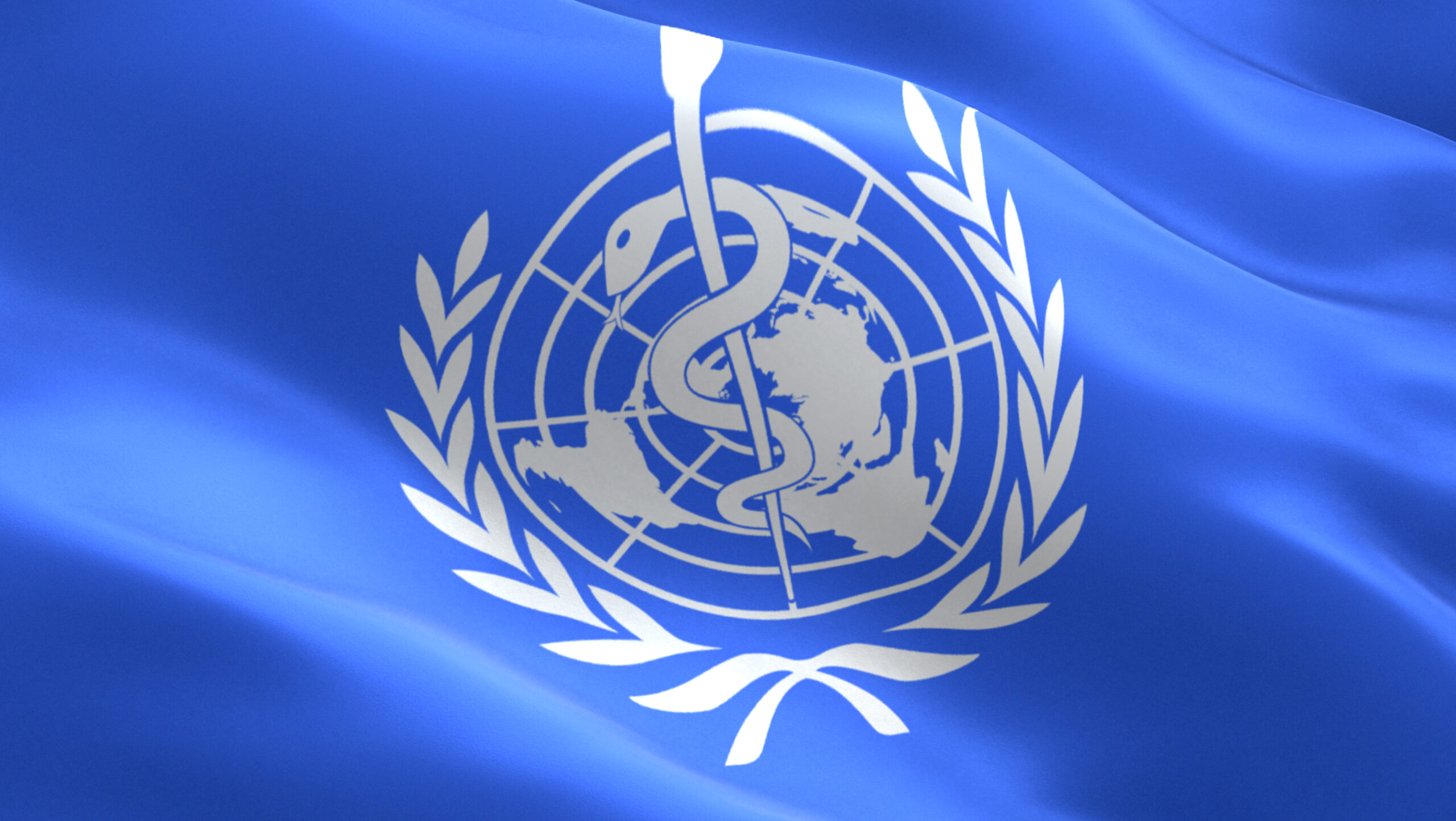On October 20th, ASBM presented to the World Health Organization’s (WHO’s) 71st Consultation on International Nonproprietary Names (INN) for Pharmaceutical Substances, held in Geneva, Switzerland. This was the fifteenth INN Consultation at which ASBM has presented.
ASBM was represented by Executive Director Michael Reilly, Esq., and Advisory Board Chair Philip Schneider, MS, FASHP. Due to coronavirus-related travel restrictions in place at the time of the consultation, the presentation was made online.
Since 2013, ASBM has worked extensively on the issue of international harmonization of biologic nomenclature, most recently by hosting a series of meetings with FDA, Health Canada, and the WHO. Dr. Schneider also gave a presentation on the value of distinct biologic naming and the status of harmonization efforts at the DIA Global Annual Meeting in June. In 2014, the WHO proposed that all biologics sharing an INN be assigned a unique four-letter suffix called a “biological qualifier” or BQ. While initially supported by many national regulatory authorities including the FDA, Health Canada, and Australia’s Therapeutic Goods Administration (TGA), the BQ proposal has not yet been implemented. In 2015 the FDA adopted its own BQ-like suffix system, and until recently was in conversations with Canada about harmonizing nomenclature systems regionally.
While the discussions in the Open Session at which ASBM presented are bound by confidentiality agreements pending the publication of an Executive Summary by the INN Programme, the Executive Summary from the 70th INN Consultation – held on April 21, 2020 and in which ASBM also participated – may be viewed here. From the Executive Summary:
The Covid-19 pandemic highlights the leadership that WHO has in global health, and ASBM believes that this leadership is critical also for the naming of biosimilars, as it has repeatedly stated, especially as the number of biosimilars is increasing each year. It is also important to recognise that the biological qualifier (BQ) is still valid and that broad support for the BQ remains. The US FDA is supportive of unique identifiers for biologics and has instigated its own random 4-letter suffix. Health Canada (HC) has been a past supporter and is willing to harmonise, similarly the Australian TGA. The ASBM noted that many other countries including Denmark, Japan and Jordan also support the BQ, while physicians are also supportive. However, despite this support, countries have developed their own system but would have used a WHO system if WHO had moved ahead with the BQ.
ASBM surveys have consistently shown strong support for distinct naming among physicians worldwide. 66% percent of U.S. physicians surveyed support distinct naming for all biologics, including biosimilars, as do 68% of Canadian and 79% of Australian physicians. Among physicians in Latin America, 94% believe the WHO’s BQ proposal would be helpful in ensuring their patients receive the correct medicine.
Read more about ASBM’s work with the WHO’s INN Group here.
